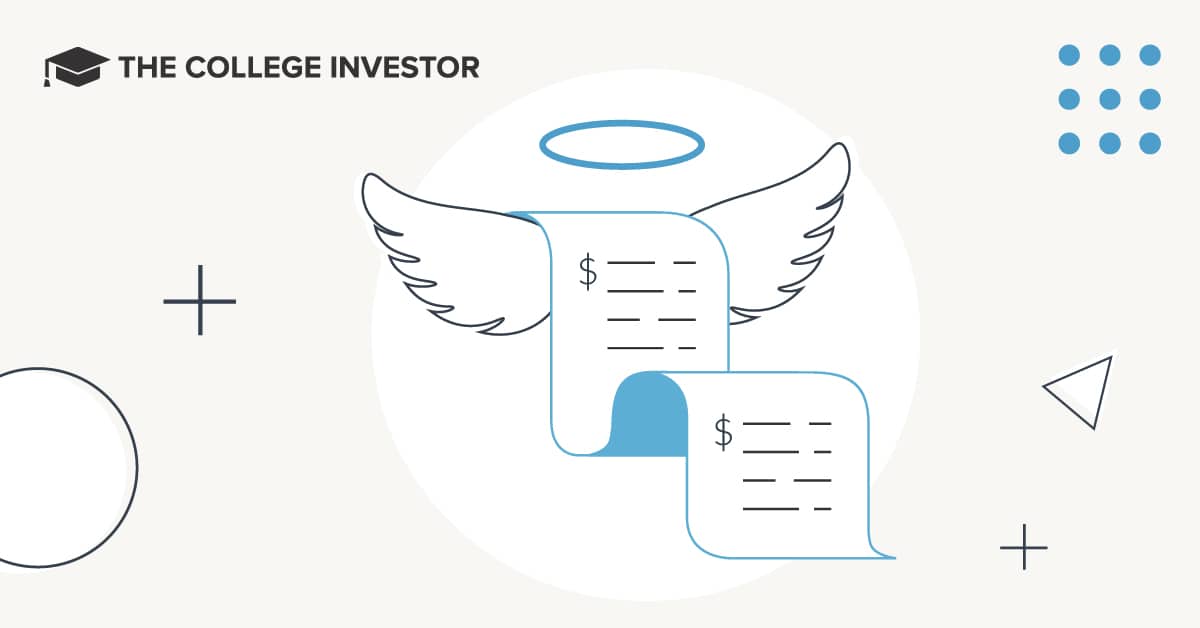
What happens to your student loans when you die? It's not a question many people want to think about, but it's important to understand.
Do your student loans die with you (meaning your family is free and clear), or will someone else have to experience the burden of your student loan debt? Are student loans forgiven at death - maybe...
In fact, about $1.6 billion in student loans is forgiven each year due to death and disability. But that doesn't always apply to everyone.
It's important to know what will happen — because if you don't follow these steps, your family could be liable for your student loans.
Two Tragic Stories of Student Loan Debt
Recently, I discovered a couple tragic stories that I wanted to share with you about death and student loan debt.
First is the story of Francisco Reynoso. This is the typical tragic story I read about student loan debt. His son was accepted to Boston's Berklee College of Music, but he needed student loans to pay for it. However, the Federal student loans weren't enough and his son had to take out private loans. The trouble started when Francisco cosigned for the loans.
Right after graduation, Francisco's son was tragically killed. But since Francisco cosigned the student loans, for the banks, the debt was very much alive. After the death of his son, the banks started coming to him to try and collect the debt. The sad part is that he is technically on the hook for the private student loans that he cosigned. Here's a case where the student loans didn't die.
The second tragic story happens with Parent PLUS Loans. While these are Federal loans, they can still cause financial nightmares after the borrower dies. For example, there is the story of Roswell Friend. His mother took out $55,000 in Parent PLUS Loans to pay for school. When he died, the government did the right thing and erased the debt (since they are Federal loans).
However, since the debt was cancelled and it was actually taken out by the parent, the lender sent a 1099-C to the mother due to the cancellation-of-debt income. This left the mother with a tax bill of $14,000 due to the "additional income." While not having to repay the full loan, this was still a lot of money to owe.
However, thanks for the One Big Beautiful Bill Act (OBBBA), death and disability discharge will now always be tax-free.
When Student Loans Die With You
For most Federal student loans, the debt is forgiven when the student or borrower dies. All that is required is that you provide the student loan servicing company with a certificate of death, and the loan will be gone.
This is true for these types of Federal student loans:
Direct Subsidized And Unsubsidized LoansGrad PLUS LoansDirect Consolidation LoansFederal Perkins LoansFor Federal Parent PLUS Loans are forgiven when either the parent who took out the loan, or the student for who's education the loan was on behalf of, pass away.
It is also true for private student loans, as long as nobody cosigned the loan. If the student who died was the only borrower, the loan will die with them.
Student Loans That Don't Die
Private student loans with a cosigner don't go away if the primary borrower dies. When someone cosigns the loan (maybe a parent or other relative), they are just as responsible for the loan as the student or borrower. That means, if the student dies, the cosigner still has to pay the loan back.
If the cosigner passes away, it can also add to complication. Some lenders may want you to repay the loan or find a new cosigner (or refinance the loan with another lender).
You might wonder how they know? Many lenders (and financial institutions) get updates from the Social Security Master Death List - and if a Social Security number appears on it, it can trigger a whole range of actions.
How to Protect Yourself and Your Family
There are two simple ways to protect yourself and make sure that your student loans don't cause problems for your family.
First, never cosign a loan for school. Student loan debt is the worst debt to have, and it can be a huge burden to parents, especially in the time of grieving. If you need student needs loans, stick to Federal student loans.
Second, consider taking out life insurance on your college student until the debt you're liable for is gone. For example, if you cosigned a loan for $20,000, consider purchasing a life insurance policy worth $20,000 on your student. The policy would be extremely inexpensive (probably less than $10 per month), but if something should happen, the insurance money would be there to pay off the outstanding debt.
Check out our list of the best term life insurance companies and see how easy it is to get a quote and get life insurance for a young adult.
Have you taken steps to protect your family from your student loan debt?
Editor: Claire Tak Reviewed by: Chris Muller
The post What Happens To Student Loans When You Die? appeared first on The College Investor.


 2 hours ago
6
2 hours ago
6 









 Bengali (Bangladesh) ·
Bengali (Bangladesh) ·  English (United States) ·
English (United States) ·